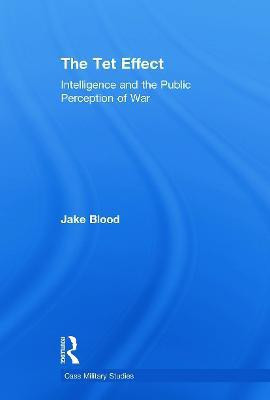The Tet Effect(English, Paperback, Blood Jake)
Quick Overview
Product Price Comparison
A close examination of the role of intelligence in shaping America's perception of the Vietnam War, looking closely at the intelligence leadership and decision process. In 1967, intelligence was called upon to bolster support for the Vietnam War and allowed America's leaders to portray a 'bankrupt' enemy ready to quit the battlefield. The audacious Tet Offensive of 1968 shattered this image and although it ended with an American military victory, it is remembered as the juncture when American support turned against the war. Public opinion on the war was a primary concern for the Johnson Administration, and US intelligence played a decisive role in providing an overly optimistic view of the enemy's demise. As the "bankrupt" enemy attacked with a ferocity and intensity that shocked the American public, intelligence had set-up the American public for a fall. How, Americans wanted to know, could an enemy whose numbers had been so decimated now launch such an all-out offensive? From this examination and an understanding of how the enemy viewed itself, the conclusion is made that four severe breaches of intelligence etiquette occurred during the period leading up to Tet. This phenomenon is the 'Tet effect' - the loss of credibility when leaders portray a situation based upon intelligence that is shown to be disingenuous. This book will be of great interest to students of the Vietnam war, intelligence and strategic studies in general.


